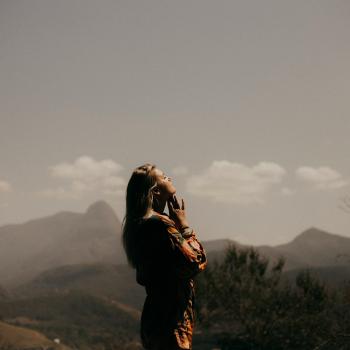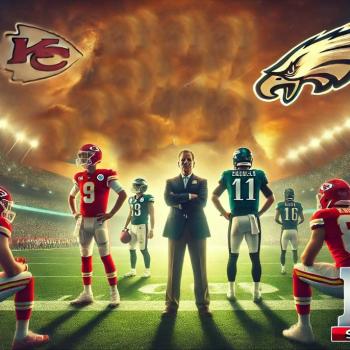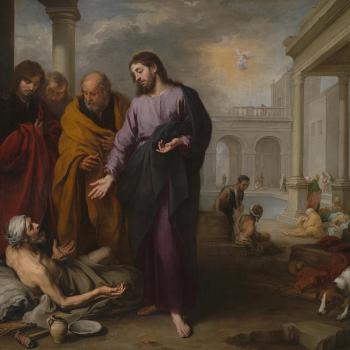And, third, we get to be active participants in this redemptive mission of God. Humans are distinct from all the other species in that we are created in the image of God (Genesis 1). This is a functional distinction that gives us both the unique capacity as well as divine authority to join God in cultivating creation and developing culture. Theologians refer to this as the creation/cultural mandate (Genesis 2:15). Though the Fall challenged and complicated this role, God invites us now, through the work of Christ, to be both recipients of as well as agents in this great redemptive plan. Our calling is not merely to help sustain creation but to provide for its growth and flourishing, joining with God in restoring right relationships between us and the rest of creation.
These are not just abstract ideas. I am reminded, as I lament the heavily polluted state of the St. Lucie River and the resulting damage to people and other creatures, that it does not need to be this way. And one day it won't be. If we so choose, we can even now be part of caring for and restoring the ecosystems around us, as many community members around the St. Lucie are doing through the Rivers Coalition and Florida Oceanographic Society. God graciously gives us all we need to do what is right and good for each other and the rest of creation.
As I reflect on the future of the St. Lucie River — and the future of the rest of creation (including us) — it is my faith in our Creator that gives me great hope and moves me to care and act. For Christians, every day can and should be Earth Day, for the earth and everything in it belongs to God, and we follow a risen savior, Jesus Christ, who invites us to join him in making all things new.




